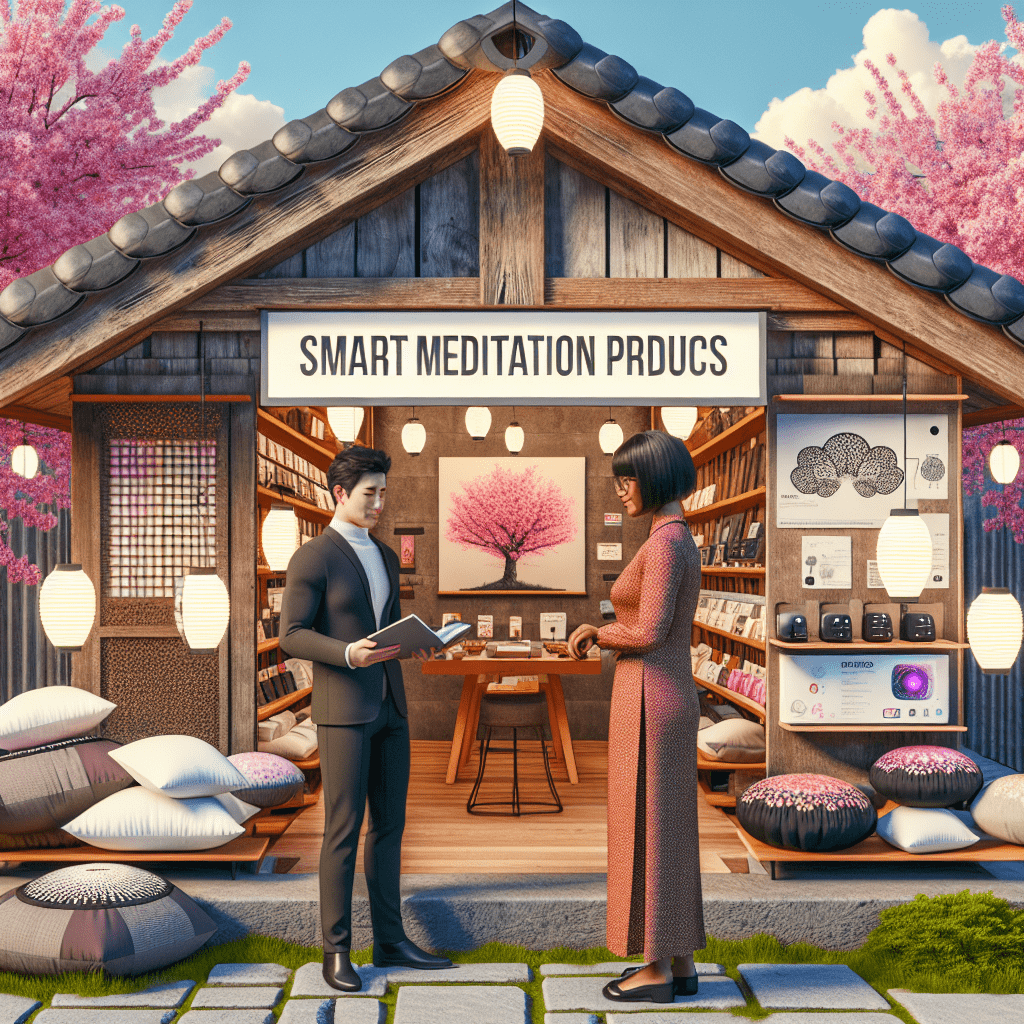
Prioritize your mental well-being daily. Enhance your life by nurturing your mental health with the Smart Meditation app. Break free from stress, alleviate anxiety, and enhance your sleep quality starting today.
Which Antidepressants Are Best For Anxiety?
Navigating the Complex World of Antidepressants for Anxiety
In the labyrinthine world of mental health treatment, finding the right medication can feel akin to searching for a needle in a haystack. But when it comes to managing anxiety, antidepressants often come to the forefront as a potential beacon of hope. While the journey to pinpointing the perfect fit can be riddled with trial and error, understanding the landscape can undoubtedly illuminate the path forward.
Unraveling the Mystery: SSRIs and SNRIs Lead the Pack
First things first, SSRIs (Selective Serotonin Reuptake Inhibitors) and SNRIs (Serotonin and Norepinephrine Reuptake Inhibitors) are the usual suspects prescribed for anxiety. Why, you ask? Well, it’s all thanks to their ability to regulate brain chemistry with fewer side effects than their pharmaceutical cousins. Let’s dive a bit deeper, shall we?
SSRIs: The Go-To Contenders
- Escitalopram (Lexapro) and Sertraline (Zoloft) often top the charts for their effectiveness and tolerability. They’re like the crowd-pleasers at a gig – most folks get along with them just fine.
- Fluoxetine (Prozac), while often associated with treating depression, can also be a front-runner for certain types of anxiety disorders, showing us that versatility is indeed the spice of life.
SNRIs: The Dynamic Duo
- Venlafaxine (Effexor XR) and Duloxetine (Cymbalta) enter the scene, bringing a one-two punch against anxiety by targeting both serotonin and norepinephrine. For those who find SSRIs less than effective, these meds can be a game changer.
A Word to the Wise: Side Effects and Considerations
Ah, the inevitable catch-22 of medication: the side effects. While SSRIs and SNRIs are generally more forgiving, they’re not without their quirks. Common side effects can include nausea, dizziness, and sleep disturbances, to name a few. Remember, it’s all about weighing the pros and cons – a delicate balancing act, if you will.
Patience is Key
Rome wasn’t built in a day, and finding the right medication is no exception. It can take several weeks, or even months, to start feeling the benefits. During this time, maintaining an open line of communication with your healthcare provider is crucial. After all, they’re your co-pilot on this journey.
Beyond Medication: The Holistic Viewpoint
While popping a pill might seem like a magic bullet, it’s usually just one piece of the puzzle. Therapy, lifestyle adjustments, and coping strategies play equally starring roles in the quest for mental wellness. Think of it as assembling your personal Avengers team to combat anxiety.
In wrapping up, the quest for the best antidepressant for anxiety is a deeply personal one, guided by factors unique to each individual. SSRIs and SNRIs often lead the charge, but the right choice varies from one person to the next. If there’s one nugget of wisdom to cling to, it’s this: partnership with a knowledgeable healthcare provider, combined with a dash of patience and self-compassion, can light the way toward a more serene state of mind. So, here’s to embarking on that journey with eyes wide open and hope in heart.




